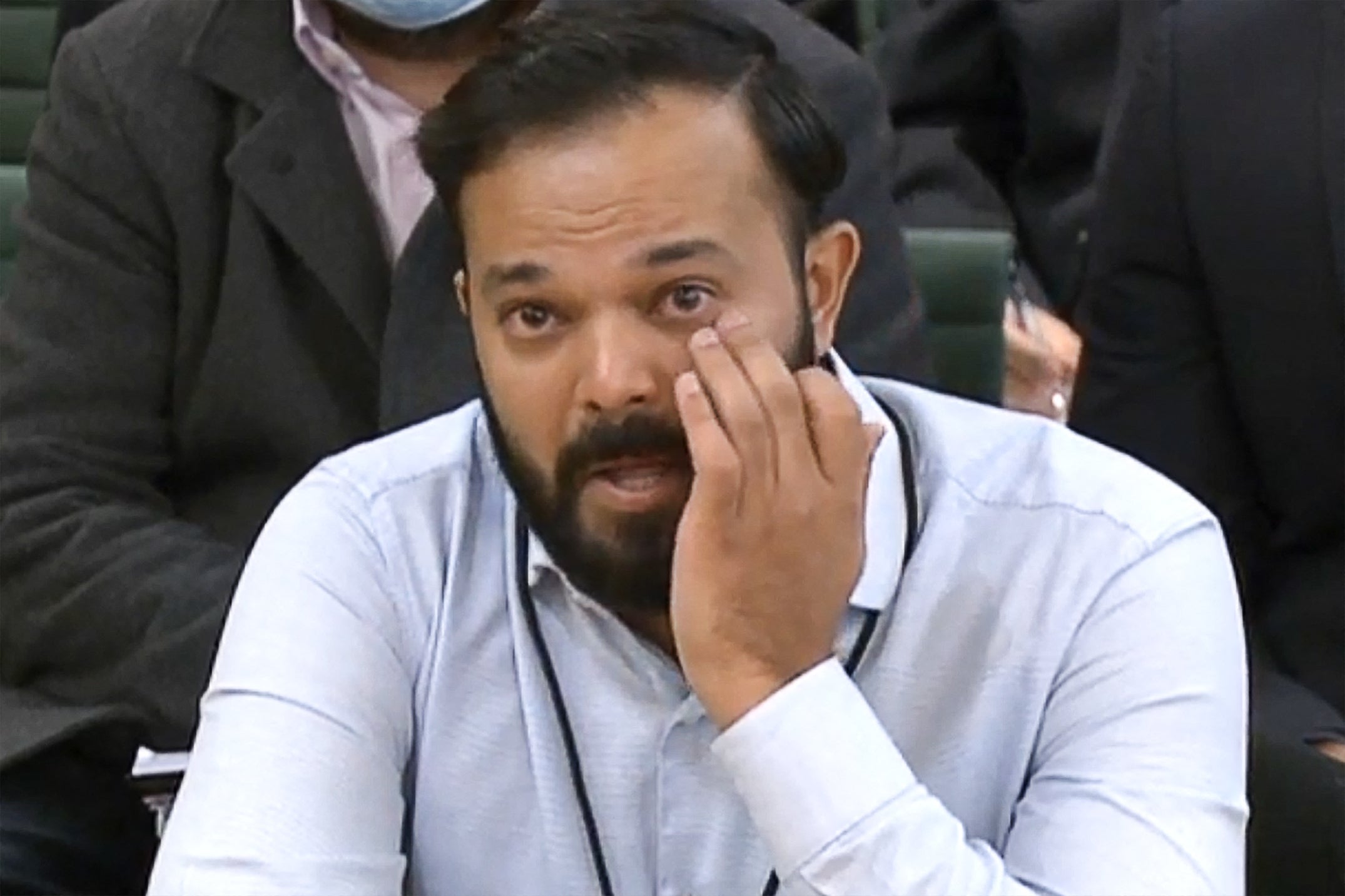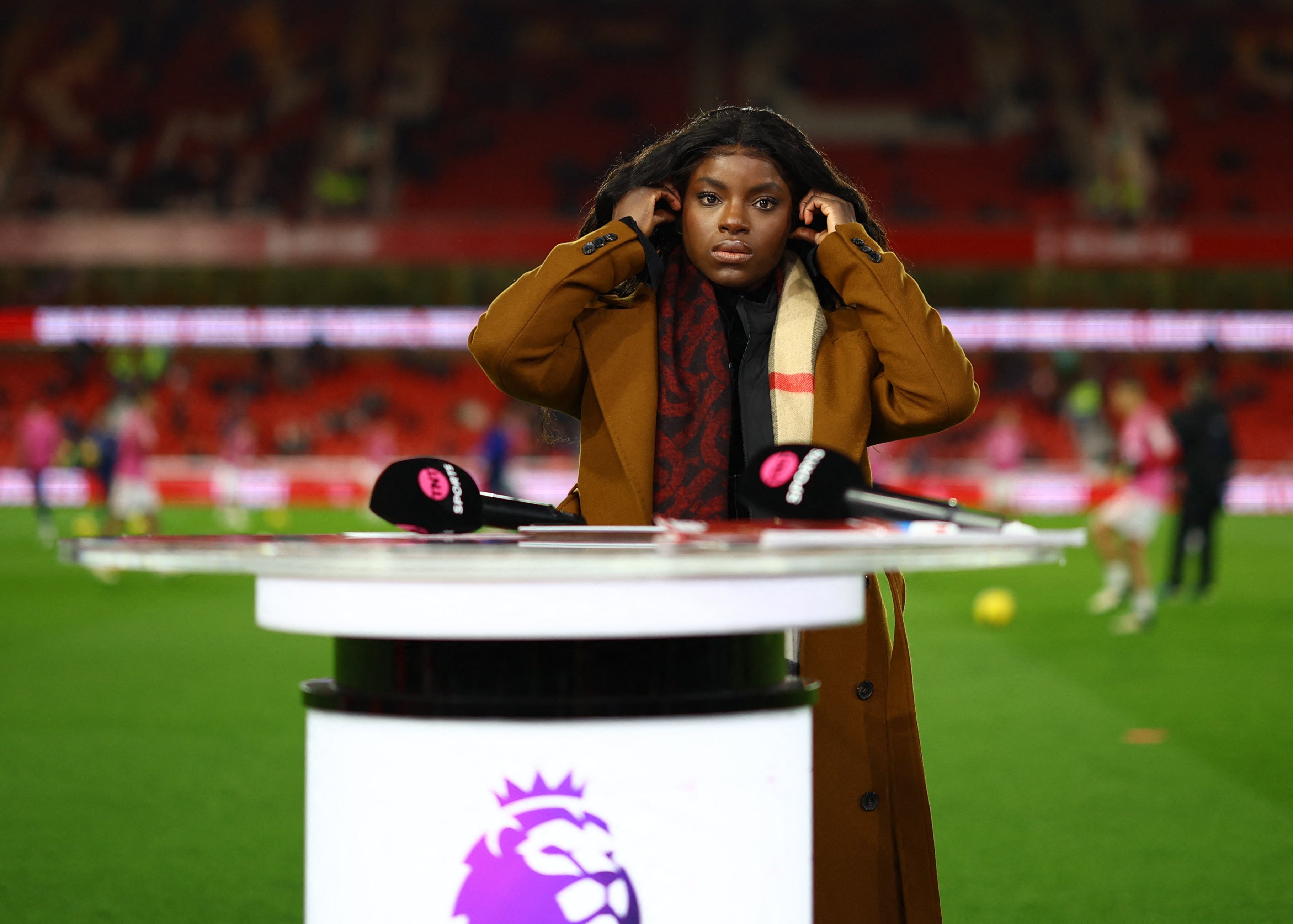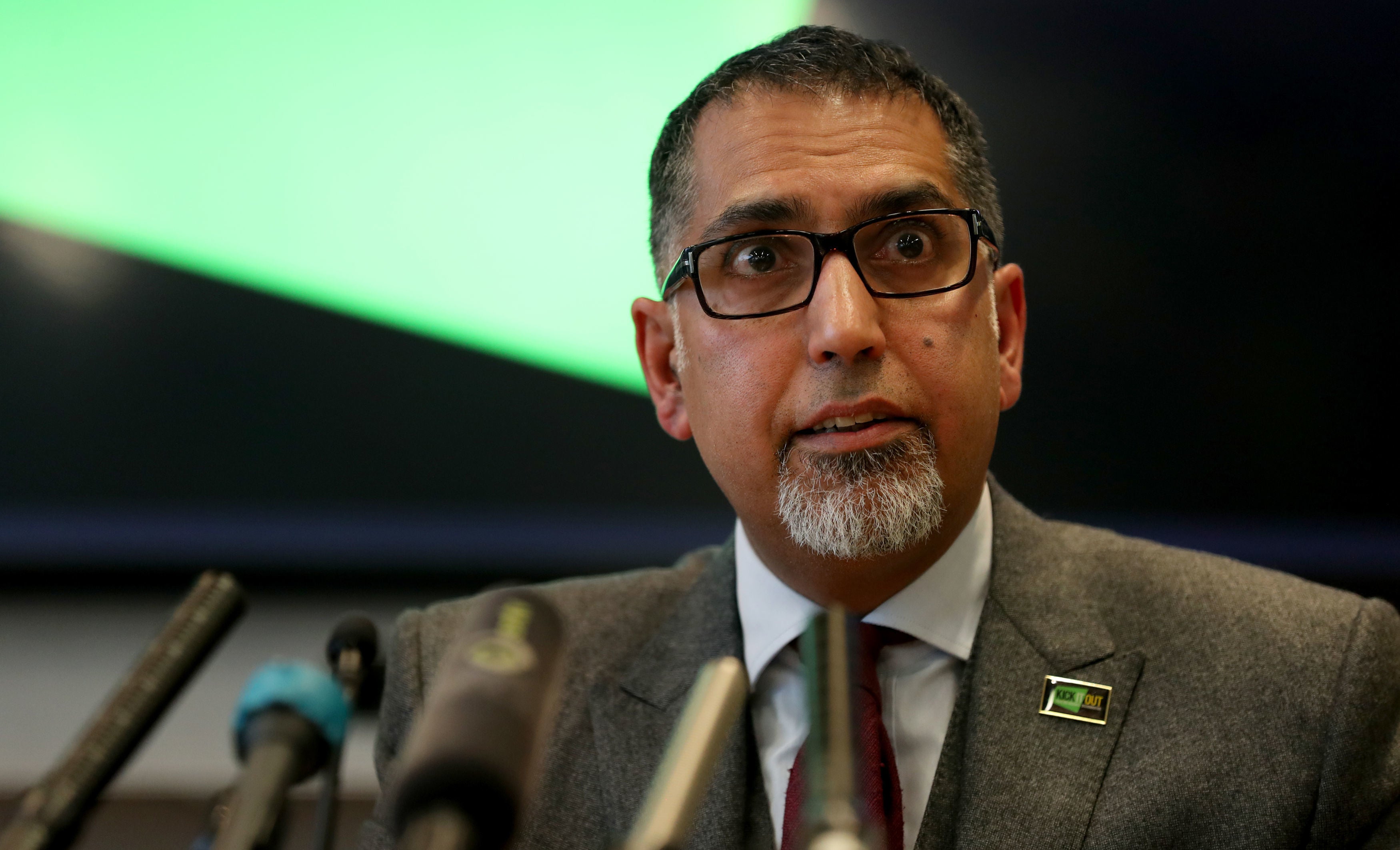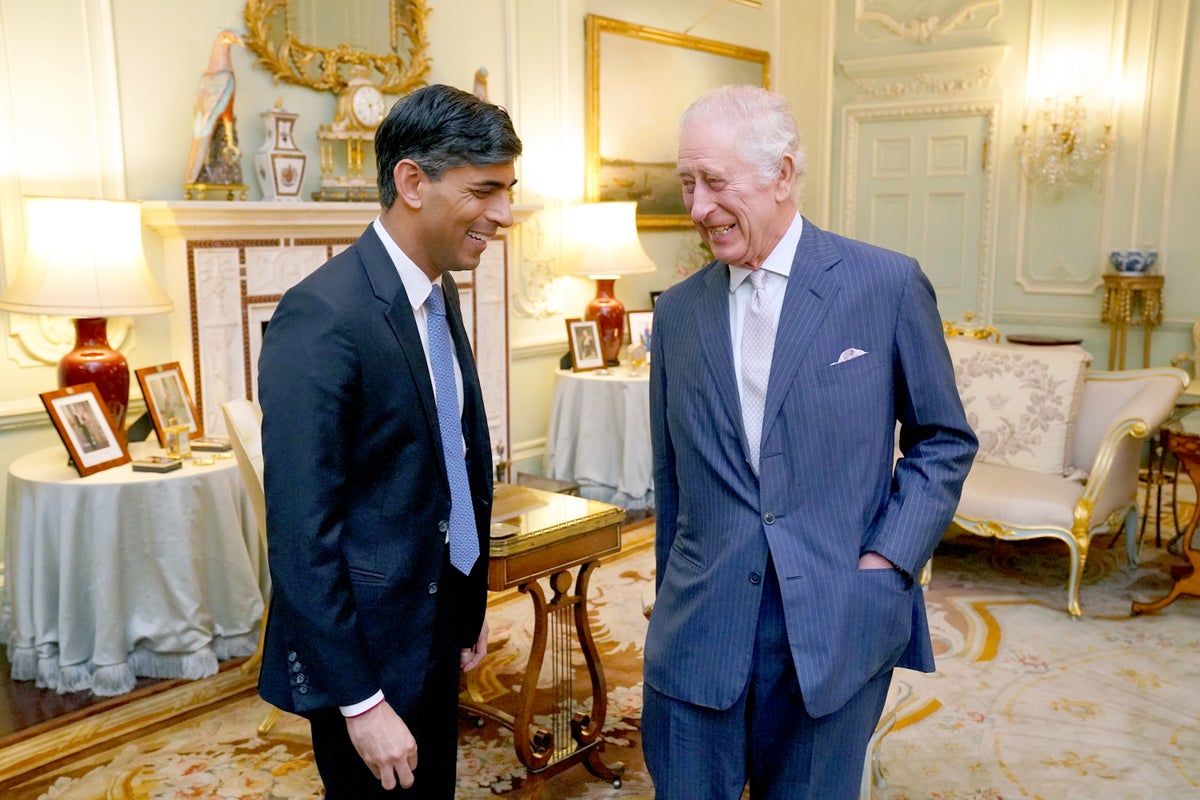ARTICLE AD BOX
Sportspeople and pundits believe online hate is becoming normalised and say it is significantly impacting how they do their jobs, live their lives and express themselves, according to a new report.
Contributors to a new Ofcom report say online abuse has had profound offline consequences on them – prompting one individual to barricade themselves indoors, while others reported suffering from disordered eating and feelings of helplessness.
Others said they self-censored online or while broadcasting for fear of being targeted, while some shied away from moving into on-screen roles at all because they feared doing so would increase their risk of being targeted.
Researchers for Ofcom spoke to seven individuals and conducted nine discussion groups with support from anti-discrimination charity Kick It Out. Participants included sportspeople, on-screen commentators, and professionals working in sport and broadcasting.
The respondents felt online abuse was becoming more common, sophisticated and normalised. They also highlighted how they felt the problem was rapidly evolving, with abusers able to evade filters with different phrases, terms and emojis.

One contributor to the report said: “I didn’t leave my house for a week because of the impact of online abuse, the sort of wave (of intensity) and the amount of people that are abusing you.
“And then the media writes about it and then it becomes this sort of overwhelming feeling of just dread that so many people are saying such horrible things about you, without you actually having done anything.”
Respondents felt abusers were becoming bolder because of a perceived lack of consequences for accounts that post it, and were being incentivised to post hateful and abusive content by the business models of online services that monetise engagement.
Among the named contributors to the report were former cricketer Azeem Rafiq, former footballer Eni Aluko and former rugby union referee Wayne Barnes.
Rafiq said nothing could have prepared him for the volume of abuse he received when he spoke out about the racism he suffered while playing at Yorkshire.
Rafiq, who moved from the UK to Dubai because of the abuse, said in the report: “The impact of this experience on me as a human being and on my mental health has damaged my life to such an extent, I’m not sure I’ll ever be able to quantify it.”

Ofcom said the report was part of a broader programme of work to better understand the lived experience of groups and individuals who have been particularly impacted by online harm.
In March, duties came into force under the Online Safety Act that mean platforms must assess the risk of UK users encountering illegal material and use appropriate measures to protect them from it. Ofcom is currently assessing platforms’ compliance with these new duties, and will take action if they fail to comply with them.
Some platforms will also be subject to additional duties under the Act, such as providing adult users with features that enable them to reduce the likelihood of encountering certain types of legal but harmful content.
Participants in this report said they wanted platforms to enforce their terms of service and reduce online hate and abuse for all users, not just for those who choose to use specific tools.
They said existing tools, such as blocking or muting, do not go far enough to help protect them and their families and friends against online hate and abuse.

Kick It Out chair Sanjay Bhandari said: “The impact of online abuse is undeniable, and the rise in discriminatory social media reports to Kick It Out last season shows it’s getting worse.
“Time and again, players and others across the game tell us about the mental toll this abuse takes, and we welcome this new report, which highlights just how deep that impact runs.
“This isn’t about a few hateful comments. It’s about a culture of abuse that has become normalised. It’s about a social media ecosystem that too often enables and amplifies abuse.
“And it’s about victims who feel imprisoned by that culture of abuse.”
Jessica Zucker, Ofcom’s online safety director, said: “The UK’s new online safety laws mean tech firms now have to start protecting people on their sites and apps from illegal forms of abuse. And when all the rules are fully in force, some of the largest social media platforms will have to give users more control over what they see online.
“People with lived experience of harm online are at the heart of the rules we make and the action we take. We’ll be pushing companies hard to make their services safer by design, and holding them to account if they don’t.”









 English (US) ·
English (US) ·